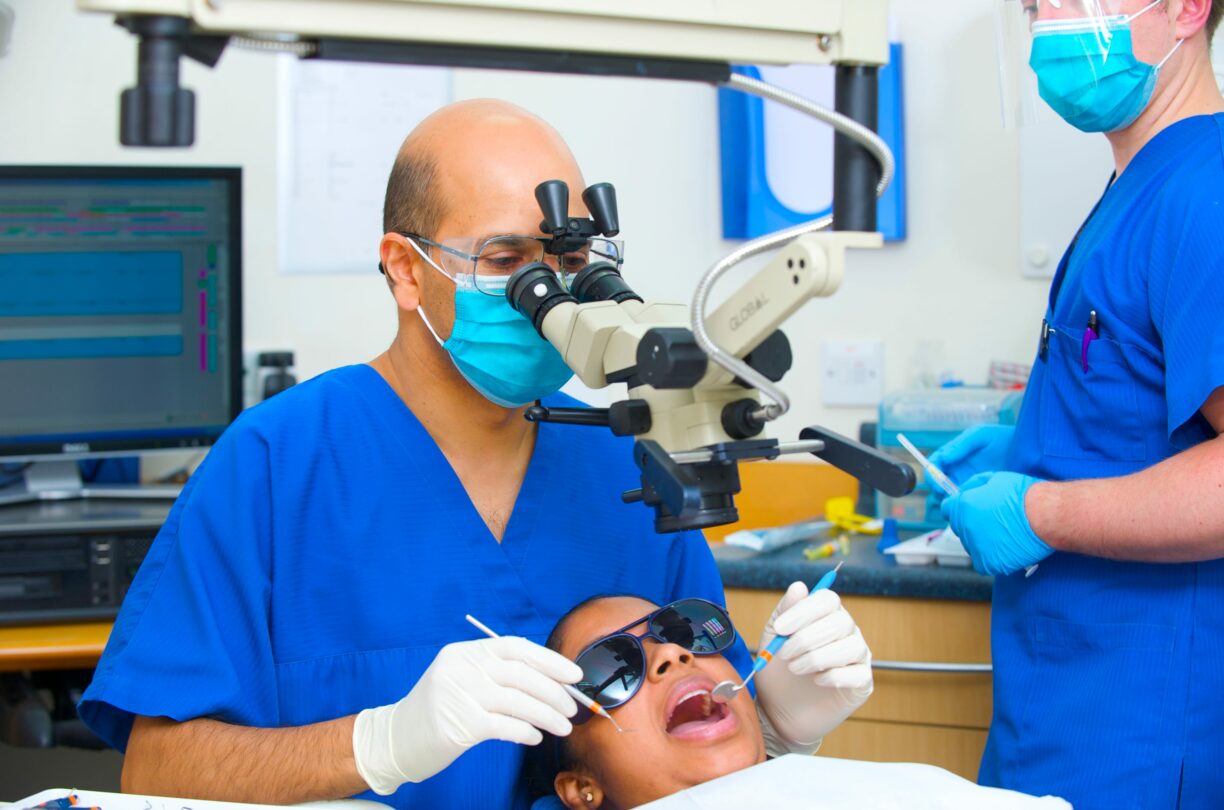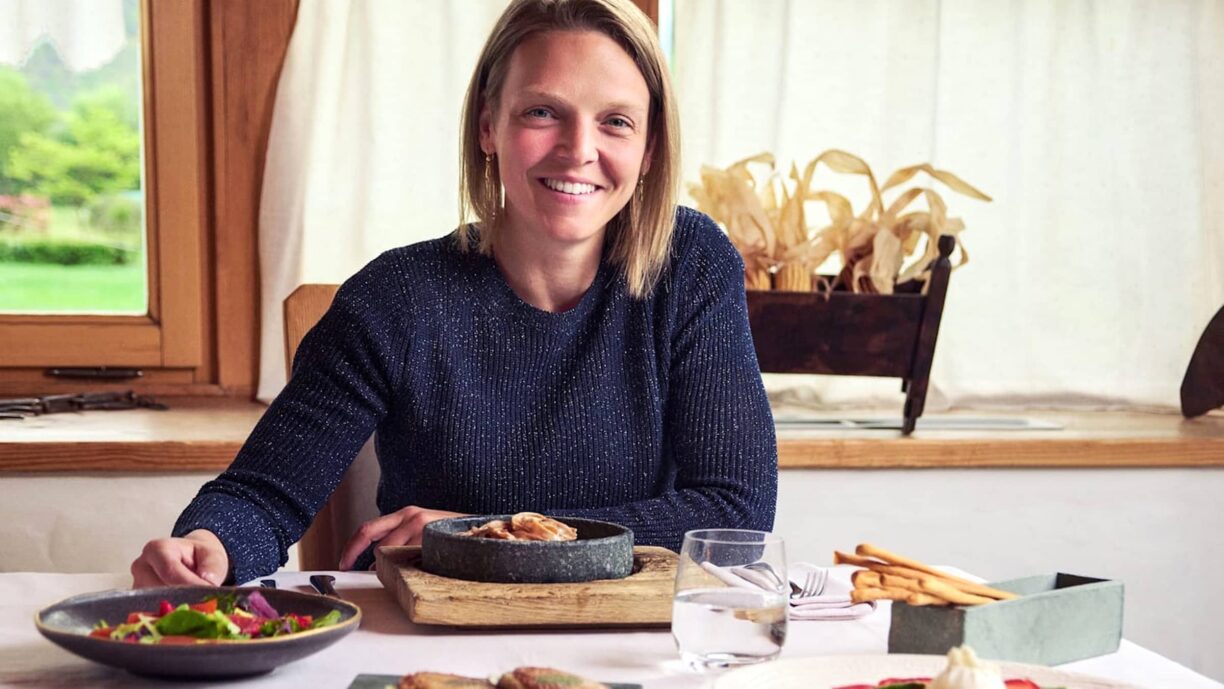As the popular saying goes, prevention is better than cure – and it’s a philosophy that features highly in Traditional Chinese Medicine (TCM). So too does the principle of self-care – or ‘Yang Sheng’.
“Unlike Western medicine, which focuses on fixing health issues, Chinese medicine focuses on prevention alongside cure,” says Katie Brindle, author of Yang Sheng: The Art Of Chinese Self-Healing.
“For example, in Chinese medicine, a bad night’s sleep or thinning hair signifies the beginning of a deeper health issue. The principle of Chinese medicine is that if you eliminate small health niggles as they arise, you’ll prevent bigger ones happening.”
Brindle (katiebrindle.com) trained to become a Chinese medicine practitioner after it helped her recover from injuries sustained in a car accident.
She says self-care is a huge part of this approach to wellness, which taps into discovering energy imbalances long before they turn into physical symptoms.
“The theory is that you prevent the imbalance getting a foothold in the body and turning into something more serious.
Think of it as how we address our dental care – we brush our teeth daily to prevent plaque building up and turning into an issue.”
As we enter the Year of the Ox (Chinese New Year fell on February 12 this year), we talk to Brindle to find out more…
Energy, flow and balance
Brindle says there are three fundamental principles to Chinese medicine’s holistic mind-body approach.
These are: ensuring the free flow of qi (energy) and blood circulation (good circulation is seen as a foundation of health); purge and nourish (if toxicity lingers in the body, it causes stagnant qi, which may eventually lead to physical symptoms and disease, so you work to clear out what you don’t need, and nourish the body to strengthen it), and strengthening the five key organs (Chinese medicine says ill-health will always relate to one of the five key organs – liver, heart, spleen, lung, and kidney – so they all need to be balanced).
Brindle believes Chinese medicine is “brilliant for everything” but says it works particularly well for gynaecological and fertility issues, and skin problems.
“Depending on the person and the issue, sometimes it’s an instant fix and sometimes a gentle process that happens over time,” she says.
And although she’s a huge advocate for taking this approach to supporting your health and wellbeing, she is not suggesting anybody stops seeing their regular doctor. It’s always important to get any symptoms or health concerns checked out by your GP.
“You should always consult a Western medicine GP for everything,” stresses Brindle. “In an ideal world, Western and Eastern medicine would work in symbiosis, as they work really well together.”
Here are some of the ways Brindle says Chinese medicine can help support health and wellbeing…
1. Stress relief through breathing
Brindle says the parasympathetic nervous system, which can help restore calm when you’re stressed, can be indirectly stimulated with the right breathing technique, calming the mind and heart rate, deeply oxygenating the blood and overriding emotional negativity.

“Breath is THE antidote to stress,” says Brindle. “Done slowly and mindfully, deep breathing will also affect the nervous system to relieve stress and anxiety, by triggering the release of neurohormones which inhibit stress-producing hormones and result in relaxation.”
2. Boost energy with tapping
The ancient Chinese therapy of ‘Pai Sha’, or tapping with bamboo, can “work wonders” for general wellbeing, says Brindle.
Because good circulation of qi and blood is a health fundamental in Chinese medicine, she explains, when the flow is disrupted or stagnates – because of a sedentary lifestyle, stress, emotional upset or injury – it may lead to a variety of symptoms, including aches and pains, atrophy and weakness, low energy, skin issues, bad sleep, sluggish metabolism, lack of coordination and digestive issues.
“Tapping the skin on a daily basis enables the free flow of this all-important circulation,” says Brindle. “In as little as one minute a day, an all-over body tap can clear areas of stagnation, support lymphatic drainage, release tension and encourage a smooth flow of blood and qi around the body.”
3. Reduce inflammation and improve sleep through self-massage
The ancient self-massage technique of ‘Gua Sha’ uses a round-edged tool to press-stroke the skin.
It’s said to be beneficial for inflammation, muscular tension, sleep problems, coughs and fever, according to Brindle, who says the technique improves microcirculation, helps release antioxidants and beneficial enzymes, and stimulates qi flow and lymphatic drainage.
“Gently encouraging the movement of lymphatic fluid, which can’t flow by itself, is great to reduce puffiness and congestion and help the body clear excess waste,” says Brindle.
“You can do it anywhere and any time, either through your clothes or directly onto the skin, using oil as a lubricant.”
4. Boost overall health through gentle Qigong movements
Qigong – which means ‘life force practice’ – involves slow, gentle, considered movements combined with breath and mental engagement.
Fans of Qigong often believe it can bring a host of general health and wellbeing benefits. The theory is that Qigong works the muscles and nourishes the organs but, crucially, doesn’t strain them – so it boosts oxygen uptake and circulation while the body is relaxed.
“By strengthening your life force on the inside, you’ll see the results on the outside,” says Brindle. “If you’re tired, lacking in energy, out of shape or simply not feeling great, Qigong is for you.
As you do the exercises, you’re balancing the whole body. Just because it’s gentle, don’t underestimate its power and efficacy.”
Always consult your doctor
While complementary therapies and TCM may be something you wish to explore, remember it’s always best to get any symptoms or health concerns checked by your GP.





